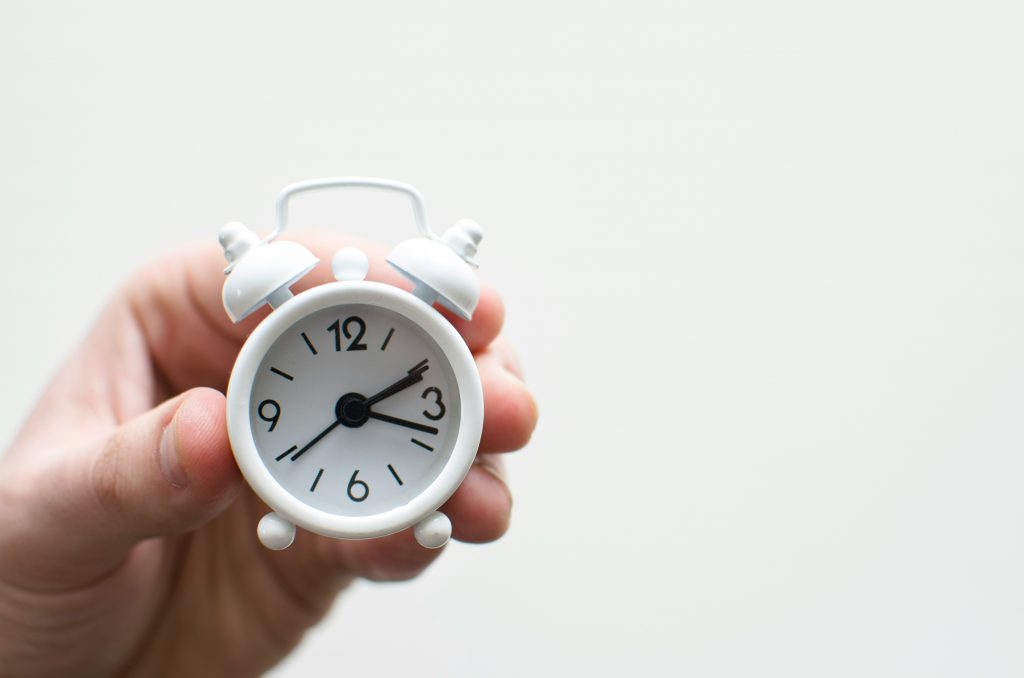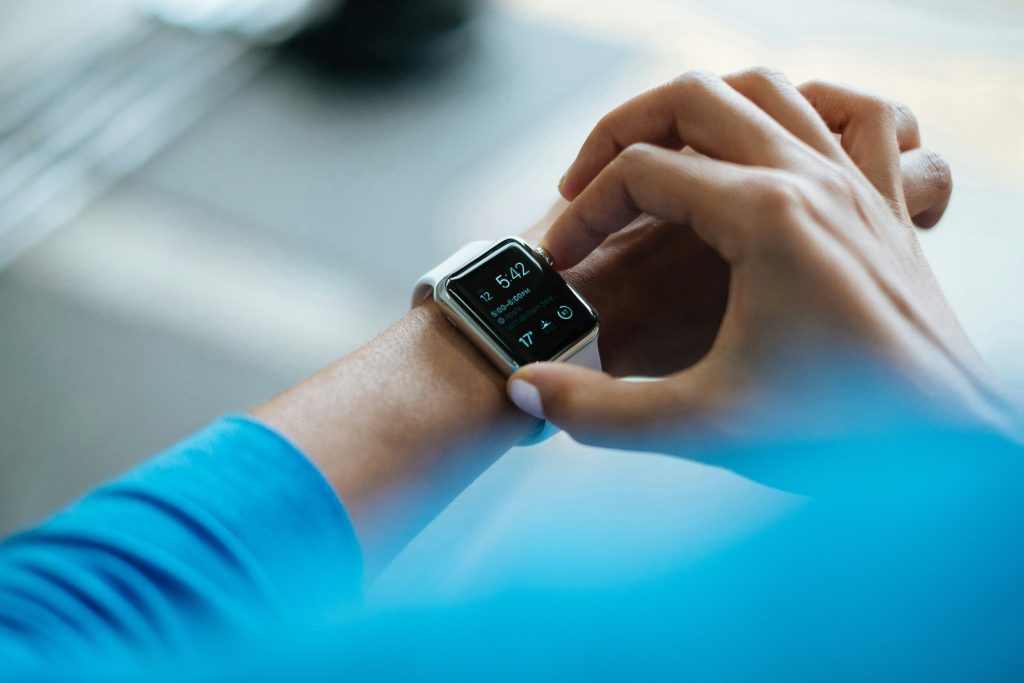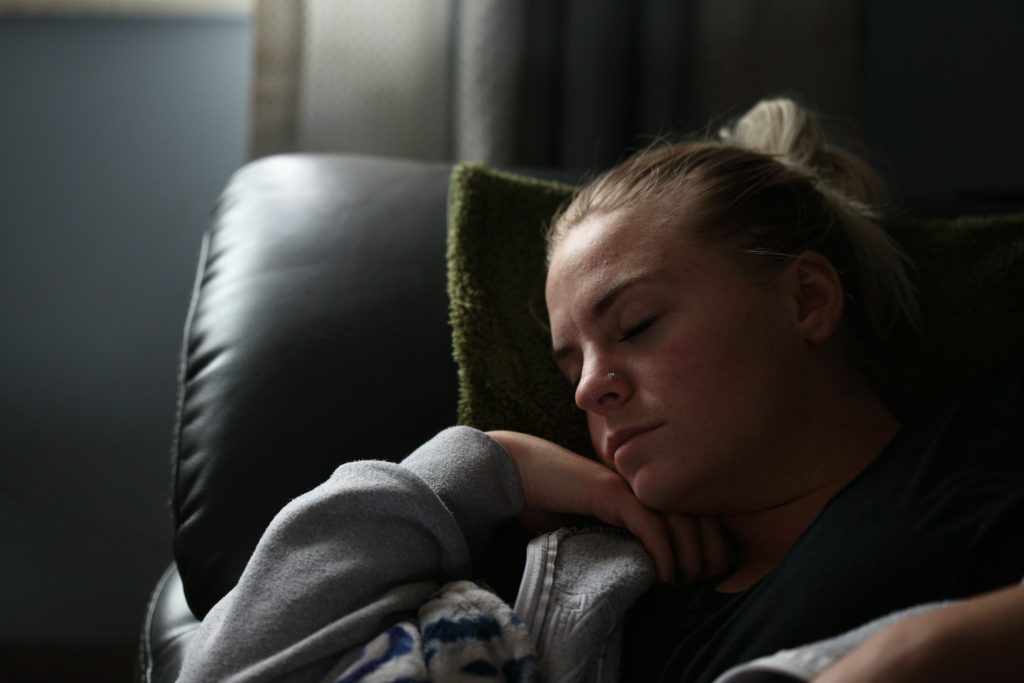
Poor Sleep and Mental Health in Young People
Struggling with sleep can be challenging, especially for young individuals as it can have a negative impact on mental health. Recent research has shown that around 70% of young people with mental health issues also experience significant insomnia. The pressure of early mornings and delayed body clocks contribute to this sleep disturbance. While Cognitive Behavioural Therapy for Insomnia (CBTi) has been proven effective, the availability of treatment remains limited.
It is crucial to explore alternative methods of delivering evidence-based care to young people with sleep issues. A recent study aimed to assess the feasibility of a modified CBTi intervention tailored for young individuals, aged 14 to 25 years, and delivered by non-expert practitioners in a secondary care youth mental health service.

Up to 70% of young people with mental health difficulties report significant symptoms of insomnia. Rollinson et al. (2024) explored whether it is feasible for a CBTi intervention to be delivered to this group of young people by non-expert practitioners within secondary care.
Methods
The study recruited participants from a Youth Mental Health Service in the East of England with sleep difficulties above the clinical threshold. A total of six intervention sessions were offered, combining cognitive and behavioral strategies to improve sleep outcomes. Personal goals and psychological distress were assessed at multiple time points to gauge the intervention’s impact.
Results
Feasibility
The study included mostly female participants, and the intervention received high rates of referral and uptake, demonstrating acceptability and accessibility. Both practitioners and service users reported high levels of satisfaction with the intervention.
Clinical Outcomes
Post-intervention results showed a significant decrease in insomnia symptoms and psychological distress among participants. Progress towards personal goals was also observed, highlighting the intervention’s positive impact on overall well-being.

As this adapted CBTi intervention was delivered by non-expert practitioners, it has great potential to be implemented more broadly across youth mental health services, increasing access to care.
Conclusions
The findings suggest that the adapted CBTi intervention delivered by non-expert practitioners is both feasible and effective for improving sleep and mental health outcomes in young people. The scalability of this intervention offers promising implications for wider implementation across youth mental health services.

The main limitation of this study is the lack of an insomniac control group. Therefore, we cannot be certain that improvements in the outcome variables were a result of the sleep intervention itself or other reasons, which reduces the validity of the findings.
Implications for Practice
The study underscores the importance of addressing sleep issues in youth mental health settings and the potential of non-expert practitioners in delivering effective interventions. Offering both face-to-face and remote interventions can enhance engagement and accessibility for young individuals seeking help.
Statement of Interests
No conflicts of interest to report.
Links
Primary Paper
Rollinson, R., Cole, A., Gee, B., Tofan, I., Graham, A., Hatton, J., Lyons, J., Reeve, S., Wilson, J., Beardsworth, K., & Clarke, T. (2024). Delivering a sleep intervention across a youth mental health service using non-expert practitioners: A service evaluation. Early Intervention in Psychiatry.
Other References
Additional references and resources related to the study are provided for further reading and exploration.

Future studies should focus on combining objective and subjective outcome measures (e.g., using wearables to track sleep) and examining broader mental health outcomes such as symptoms of suicidality and psychosis in adolescent populations.













